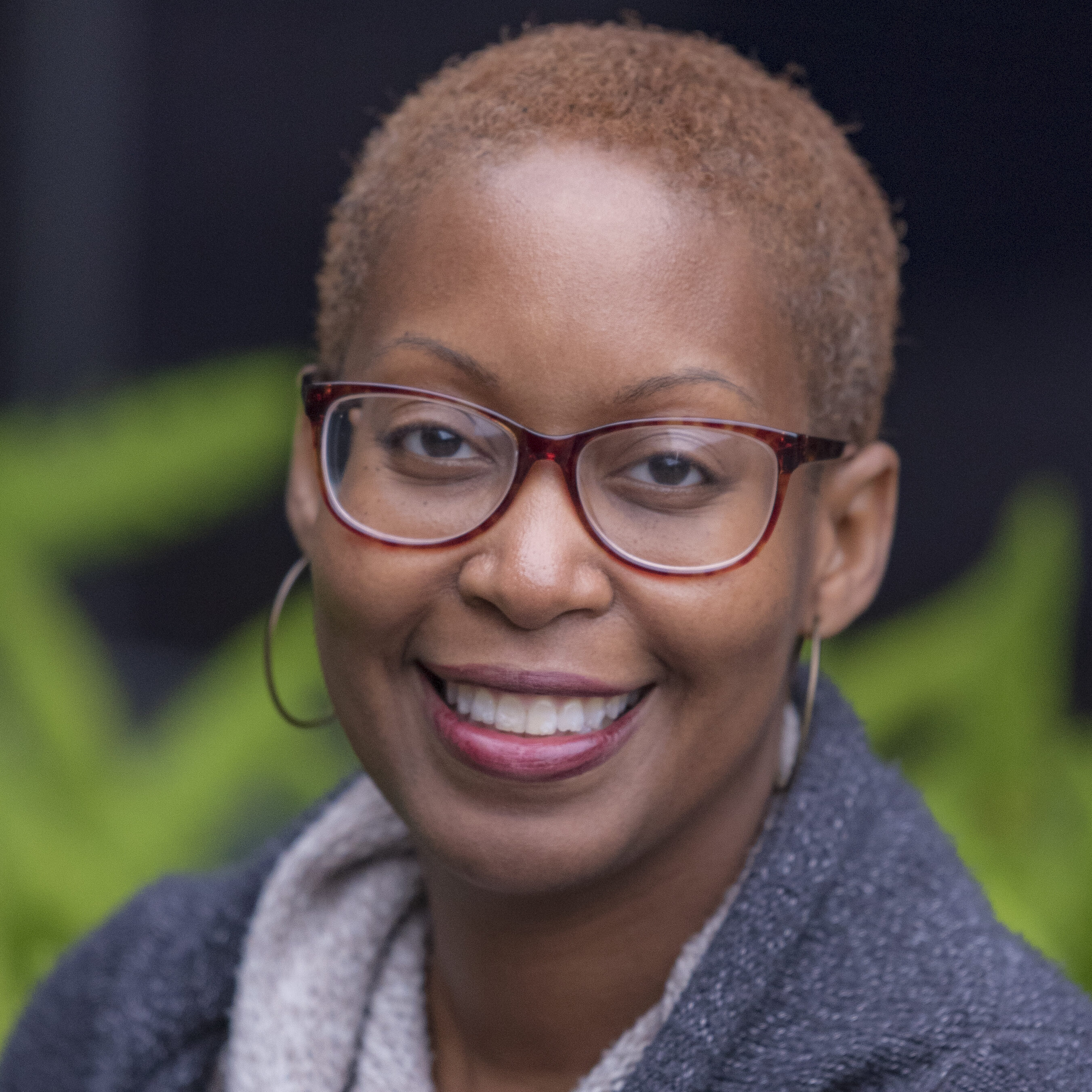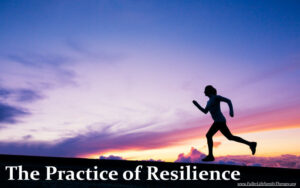Hidden Grief
Grief usually brings up memories of those we have lost. However, people grieve for many reasons. Believing grief is only about mourning those who have died can leave a person feeling confused and lost when they witness related symptoms after the loss of other important parts of their lives.
People often mourn the loss of a marriage or other relationship, a job or business after retirement, functioning, a home after a disaster, a life plan that does not pan out the way you thought it would, or personal security after being violated to name a few. The loss of all of these can lead you through stages of grieving. But unlike the loss of a loved one, you may not expect to encounter grief in these areas. Being aware that grief does not just happen when you lose a person, or a pet can help you to recognize it for what it is and address it in a healthy way.
How do we experience grief?
People respond to loss in different ways. Many have heard of the stages of grief which include anger, denial, bargaining, depression and acceptance. These stages occur in different orders, with some occurring more than once during a single period of loss. And not all stages may be experienced. In addition, you might find that you are having physical symptoms like fatigue, changes in weight, headaches or upset stomach. Emotional and behavioral difficulties can often appear in the form of restlessness, drastic mood changes, crying spells, deep sadness, difficulty concentrating, confusion, fear, guilt, anger, and many other symptoms.
Pay attention to your mind and body if you are witnessing any of these symptoms. They might be telling you that grief is present.
How do we respond to grief?
Trying to convince yourself that you should not be grieving because no one has died is not helpful. Having to deal with disenfranchised grief only makes the healing process more difficult. Minimizing the weight of your loss might come from your inner voice or external friends and family who may not understand the impact of your loss. Whether or not you initially think you should be grieving, you are still doing so.
A healthy dose of self-compassion is a great first step to managing your grieving process. Through accepting and validating your loss to yourself and then giving yourself space to grieve, you open the door to properly deal with it.
For many, especially when they are enduring disenfranchised grief, it can be helpful to participate in a support group with people who are coping with similar life changes. Engaging with peers can help with validating and normalizing the pain of such loss. These groups may also help to provide tools for processing your loss. Individual counseling can be similarly beneficial, especially for people experiencing prolonged grief for greater than six months. It is especially important to take care of yourself and seek professional help.
If you are struggling with grief, check out some of these resources to start your healing journey:
https://www.griefrecoverymethod.com/
http://bradhambrick.com/learning-to-grieve-losses-not-caused-by-death/
https://www.thegriefgirl.com/grief–grieving.html
Contributed by
Supervised by Dr. Amy Fuller, PhD, LMFT-S, LPC-S










